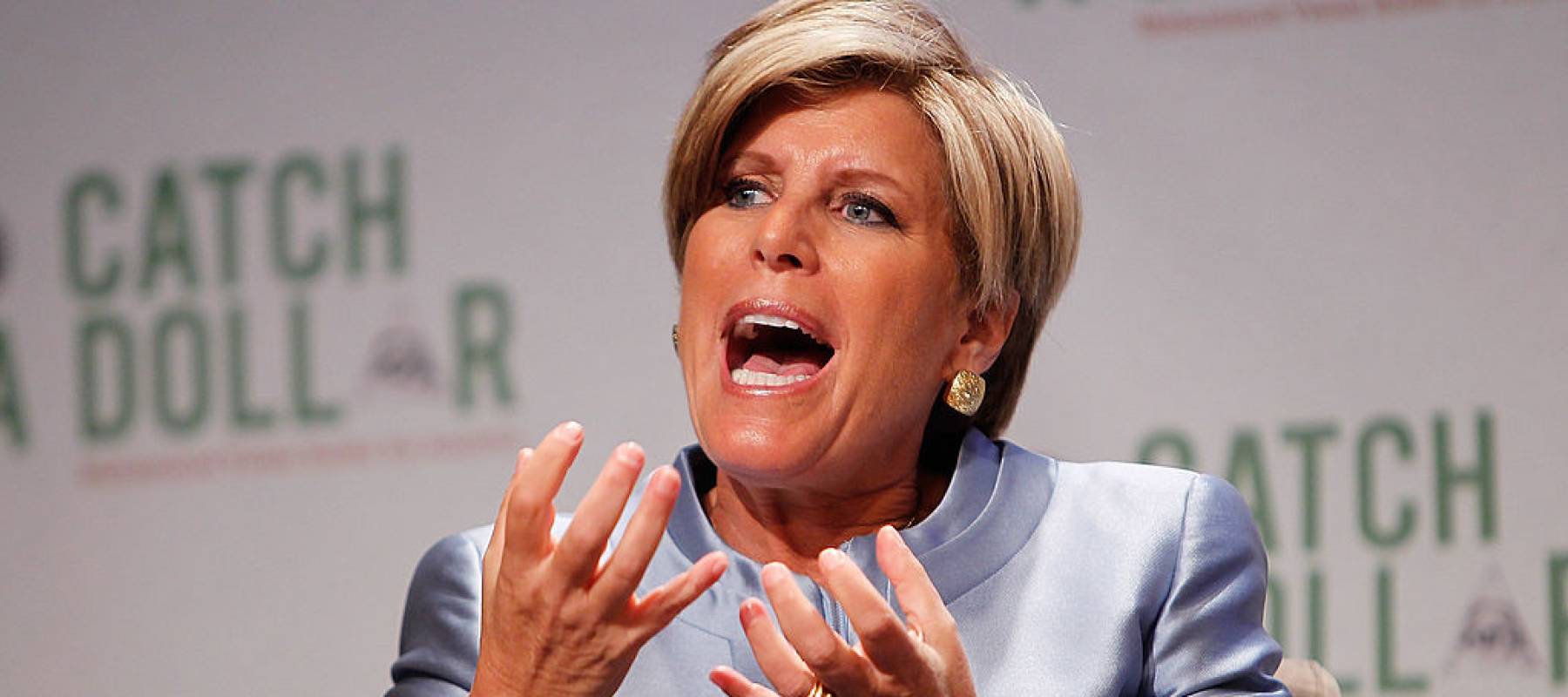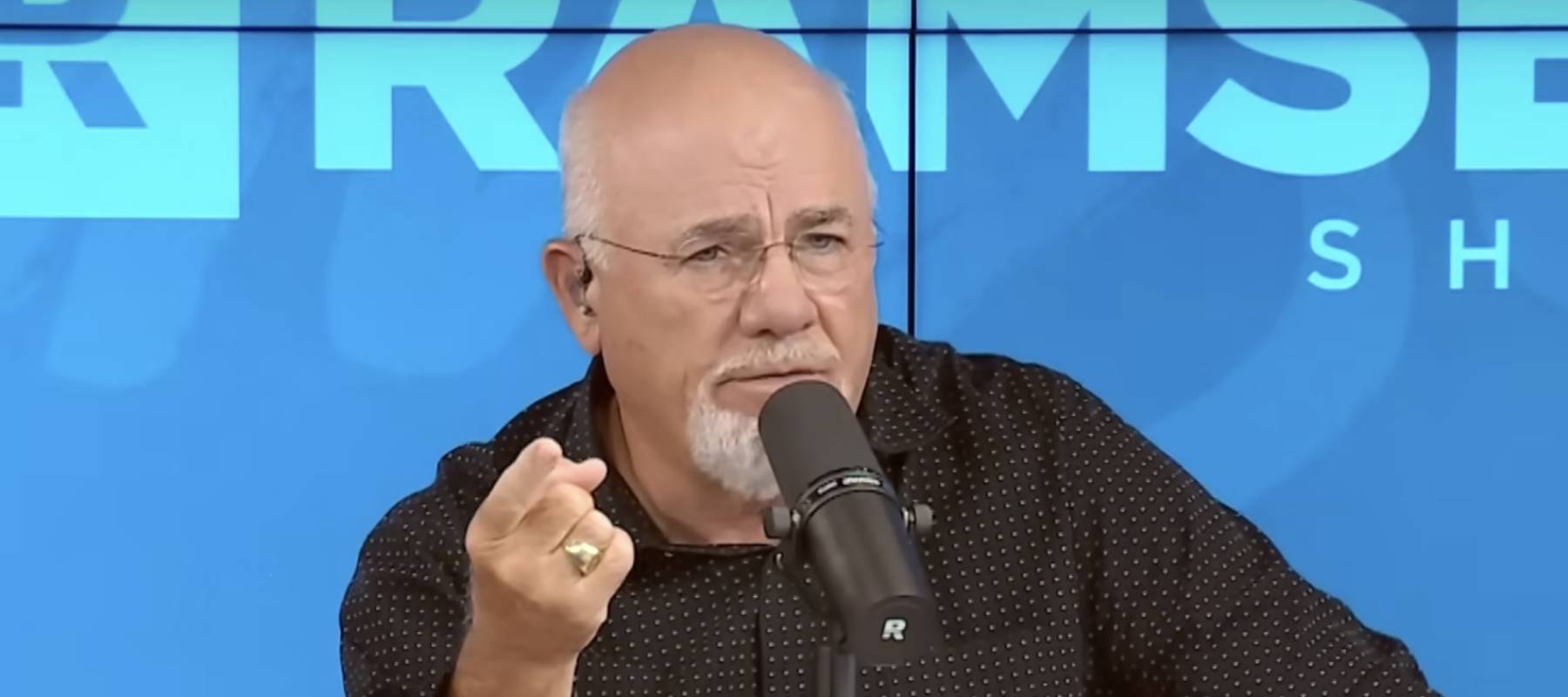-1692201671.jpg)
Is real estate a good investment right now?
89stocker / Shutterstock
We adhere to strict standards of editorial integrity to help you make decisions with confidence. Please be aware that some (or all) products and services linked in this article are from our sponsors.
We adhere to strict standards of editorial integrity to help you make decisions with confidence. Please be aware that some (or all) products and services linked in this article are from our sponsors.
Real estate prices rose dramatically during 2020 and 2021. This can be attributed to three primary reasons:
- Historically low interest rates
- Lower inventory of homes coming to market due to homeowners choosing to refinance instead of sell, and
- Low inventory of homes also due to the pandemic-driven hesitation to sell
Those three forces lead to a perfect economic storm driving up home prices: A huge imbalance of high demand and low supply.
Lately, because of the seemingly dire state of the market, some “experts” are shouting from the rooftops that the housing market is about to collapse in 2022 or 2023.
But is that the truth, or just click-bait? Is now a good time to invest in real estate?
We say yes.
The short version
- Relax — There is no housing bubble about to collapse.
- Average monthly rents are increasing at an unprecedented pace.
- Housing prices are adjusting down from the 2020-2021 highs due to rapid interest rate hikes by the Feds.
- Interest rates are still historically low and affordable for rental property investors.
- Real estate is a long-term investment and the long term outlook is positive for investing now.
There’s no bubble to burst
While it’s easy to surmise that ‘housing prices have risen too high too quickly so they must collapse’, that’s too simplistic.
The previous 2008 housing crash was caused by loose lending practices which increased the number of buyers driving up prices of existing inventory. Many of those homebuyers were unqualified, should have never been approved by lenders, and couldn’t afford the homes they purchased in the first place. Consequently, a significant portion of those buyers defaulted a few years later. That led to an increased supply of homes on the market at reduced prices. And that’s what caused the bubble to pop.
However, lending practices today are now highly-regulated and buyers must go through a thorough loan underwriting process. Lenders have been toeing the line and credit scores of approved buyers have stayed high. Most real estate professionals — including 60% of respondents in a recent survey by Zillow — do not believe we’re in a housing bubble that’s destined to pop.
So, if we’re not in a housing bubble, is real estate a good investment? In order to answer that, we have to look at what we're investing in in the first place.
What makes a good rental property investment?
There are two ways to make money on a rental property, and ideally, buyers should take advantage of both of them. You should buy a property where you can count on short term monthly cash flow and have a projected likelihood of long term appreciation.
Of course, rental properties are beneficial for investors for three additional reasons:
- Annual tax write-offs for property depreciation
- Building ownership equity as renters pay down your mortgage
- Acting as an inflation hedge.
But when considering whether to invest or not invest, buying a property that’s cash flow positive is the primary consideration for most investors.
A property that’s cash flow positive is one where the total rental income is higher than the total ownership expenses. For example, if your annual expenses are $10,800 and your annual rental income is $18,000 (which would equal to $1,500/month), you would generate $7,200 in net annual rental income ($600/month). That means your property is cash flow positive.
A good rental property should be cash flow positive, and in general, the higher the cash flow, the better the investment.
What to do once you've got one already?: How to manage your rental property
Do positive cash-flow properties still exist?
I have a hard and fast rule that I won’t buy a property unless it has positive cash flow. I have no desire to pay a portion of someone else’s rent each month just to own a property, even if I think the home will benefit from high appreciation in the future.
In my opinion, short-term profits have to figure into your calculations. Thankfully, there’s still plenty of opportunity for short-term gains.
Rents are increasing at a historic rate
Whereas the monthly mortgage payment is fixed, rents increase over time. According to national rent data, the national median rent increased a record-setting 17.5 percent over the course of 2021. Although rent growth has slowed in 2022, it’s still rising faster than it did in the years immediately preceding the pandemic.
Over the first half of 2022, rents have increased a total of 5.4 percent. Year-over-year rent growth is a staggering 14.1 percent. With high inflation plaguing the economy, rents are likely to continue to rise, which makes a strong case for investing in rental real estate now to capture the rise in rents expected over the coming decade.
Are properties still affordable?
The recent interest rate hikes have actually impacted housing prices. As affordability goes down for homebuyers, many would-be buyers start dropping out of their quest to buy.
That means that for the first time in the last few years, we’ve been seeing “price reduced” banners pop up on many listings. But that’s not the only good sign for buyers.
Supply and demand are becoming more balanced
In 2022, the housing market is becoming more balanced where supply and demand are in sync. This is a good thing for retail homebuyers and real estate investors looking for rental properties.
We are no longer in a one-sided “seller’s” market. Rising interest rates, which increase the homebuyer’s monthly mortgage payment, reduce the number of buyers and put downward pressure on housing prices. Less competition and lower prices are always an upside for real estate investors!
Mortgage interest rates are still historically low
It’s important to put things into perspective – specifically, a long-term perspective since real estate investing is a long-term endeavor.
While interest rates were extremely low, hovering around 3% in 2020 and 2021, that was an anomaly compared to interest rates from previous years.
More recently, due to Fed policy intended to curb inflation, the mortgage rate has been tracking back upwards. As of July, 2022, the rate for a 30-year fixed rate mortgage is 5.5 percent. That’s up from 3.4 percent in January 2022. While that might stoke some fear into the hearts of many, it’s important to look at the bigger picture.
(Information taken from Freddie Mac)
A 5.5% 30-year fixed rate mortgage is still very low compared to historical average annual interest rates since 1975.
While novice investors are looking at the short-term increases as a reason to not invest, savvy investors understand that real estate is a long-term investment and today’s rates are still historically low.
Note that interest rates are expected to continue ticking up. As of writing, there’s no end in sight on curtailing the unprecedented rate of rapid inflation we are experiencing. So buying now may very likely seem wise a few years from now.
Related: 3 benefits of buying a home when interest rates are high
Looking back on the market
In 2016 when I bought my first buy-and-hold rental property, the US was experiencing a balanced housing market and healthy economy – it was possible to build a rental portfolio of cash-flowing properties.
Over the past few years, with rising home prices, it was harder to acquire rental properties without overpaying. But what’s often overlooked is that those higher prices were offset by low interest rates, which reduced buyers’ mortgage payments. The housing market was actually more balanced than it might appear for investors using leverage to acquire properties.
Now rent prices are increasing while mortgage payments hold steady at low interest rates. Many investors are now reaping the benefits of their decision to buy — even though they may have paid more than they wanted to.
Ready to start investing in real estate? Check out these platforms
| Service | Our rank | Review | Visit site |
|---|---|---|---|
| Fundrise | Our Score: 4.5/5 Fundrise lets non-accredited investors take advantage of real estate investments with a $10 required minimum and low management fees. Plan to invest for at least five years, or you may be subject to an early redemption penalty. | Fundwise review | Visit Fundrise |
| RealtyMogul | Our Score: 4/5 RealtyMogul offers a combination of REIT investment funds and direct real estate investments where funds go to a specific property. Funds require a minimum of $5,000 and direct investments require at least $35,000. | RealtyMogul review | Visit RealtyMogul |
| EquityMultiple | Our Score: 4.3/5 EquityMultiple is a great crowdfunding choice for experienced real estate investors, as the company offers an impressive level of transparency on each deal. Direct investments require a $10,000 minimum and fund investments require a $20,000 minimum. | EquityMultiple review | Visit EquityMultiple |
| Roofstock | Our Score: 4.3/5 Roofstock gives non-accredited investors the opportunity to invest in single-family rental real estate. This is a turnkey option to buy an individual property on your own. However, you should plan on a big down payment, plus management fees when investing out of state. | Roofstock review | Visit Roofstock |
The bottom line: is real estate a good investment in 2023?
So how about now? Is the bubble coming for us all? Despite the doomsday headlines, today’s housing market doesn’t look very dire at all. The current economic projections are hinting that real estate investors still have the advantage in today’s market.
A combination of adjusted housing prices, relatively low fixed interest rates and rising rents makes now a promising time for investors to buy. Plus, there's less competition to boot.
More on real estate investing:





